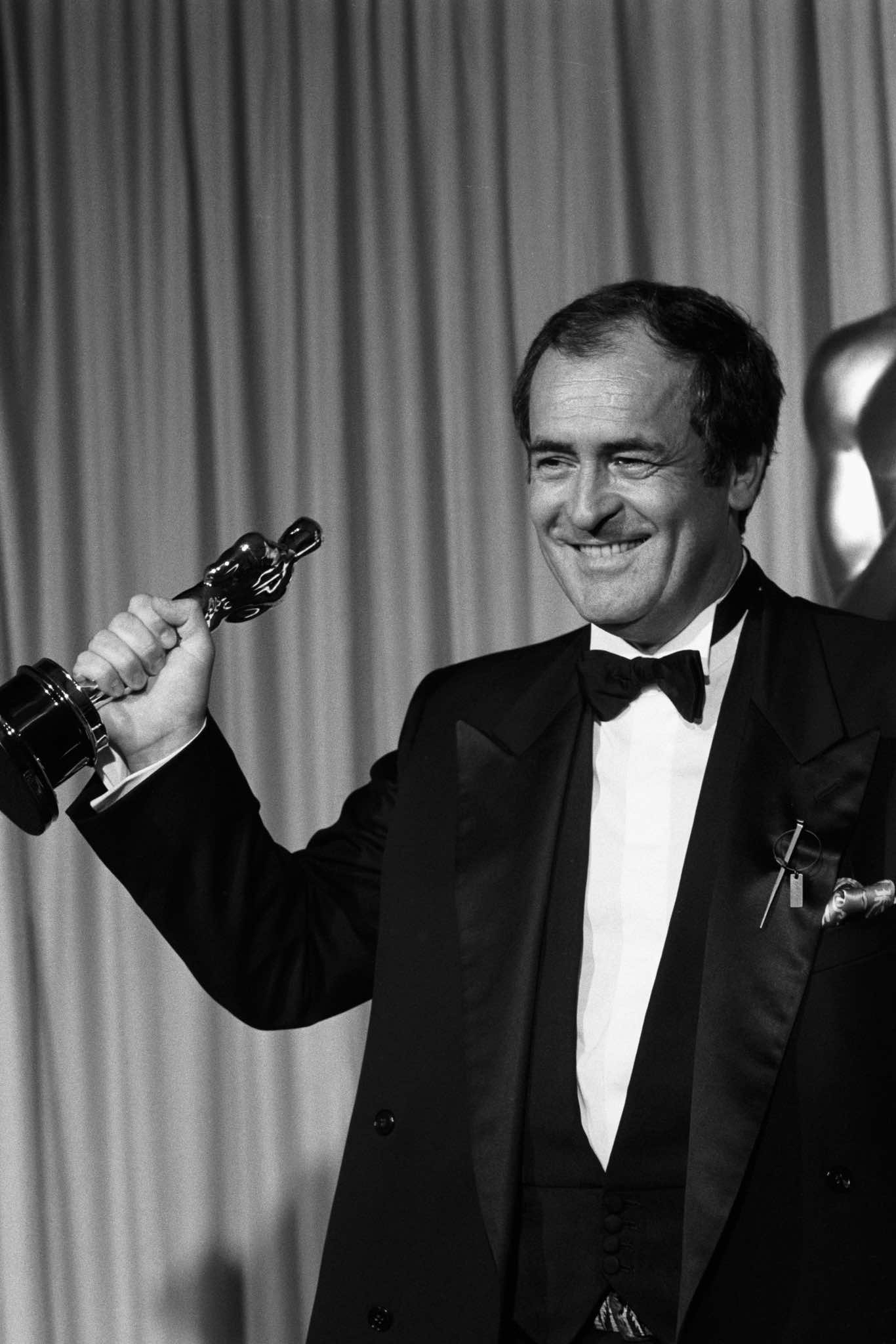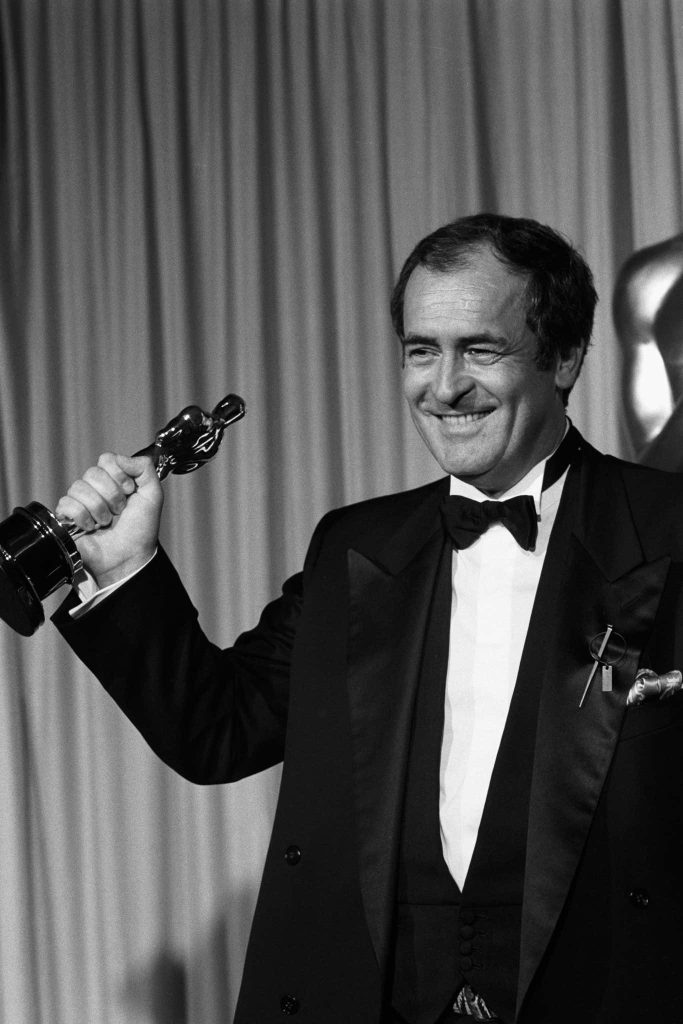
by Michele Diomà
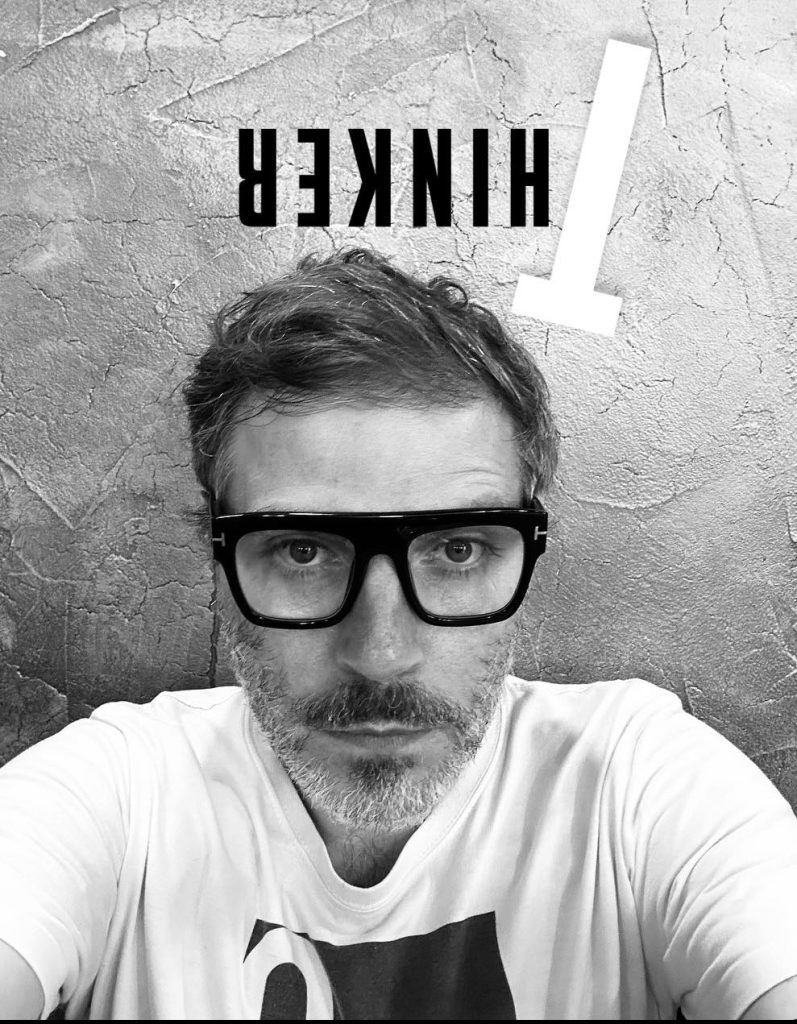
It felt like a spring day in Rome, even though it was a Saturday morning in February.
It was 2015, and that day I made one of my life’s dreams come true. At dawn, I received a phone call from the co-producer of my debut Narrative Feature, Donald K. Ranvaud. He simply said, ‘Hey. Today’s the day!’ and I understood.
Donald had promised me that one day he would introduce me to the director of The Last Emperor (9 Academy Awards), the artist who, together with cinematographer Vittorio Storaro, had created the masterpiece The Conformist, the Italian director who had managed to make a film with Marlon Brando.
I was a young guy who thought, dreamed, and lived exclusively for Cinema, and that morning I found myself talking for hours with Bernardo Bertolucci.
Pure happiness.
Today, I am thrilled to present to the WILD FILMMAKER community an interview with Valentina Ricciardelli, President of the Foundation dedicated to the great Bernardo Bertolucci.
-)Who is Valentina Ricciardelli?
Who am I? At the moment, I am answering you as the President of the Bernardo Bertolucci Foundation. I am Bernardo’s cousin. My grandmother Ninina Giovanardi was the sister of Ninetta Giovanardi, mother of Bernardo and Giuseppe.
–)When did the idea of creating a Foundation dedicated to Bernardo Bertolucci come about?
The Bernardo Bertolucci Foundation was founded by Clare Peploe, director, screenwriter, and Bernardo’s wife for 40 years. Clare began thinking about a foundation dedicated to him right after BB’s death. Then, unfortunately, she became ill, passed away very quickly, and left me the task of creating it.
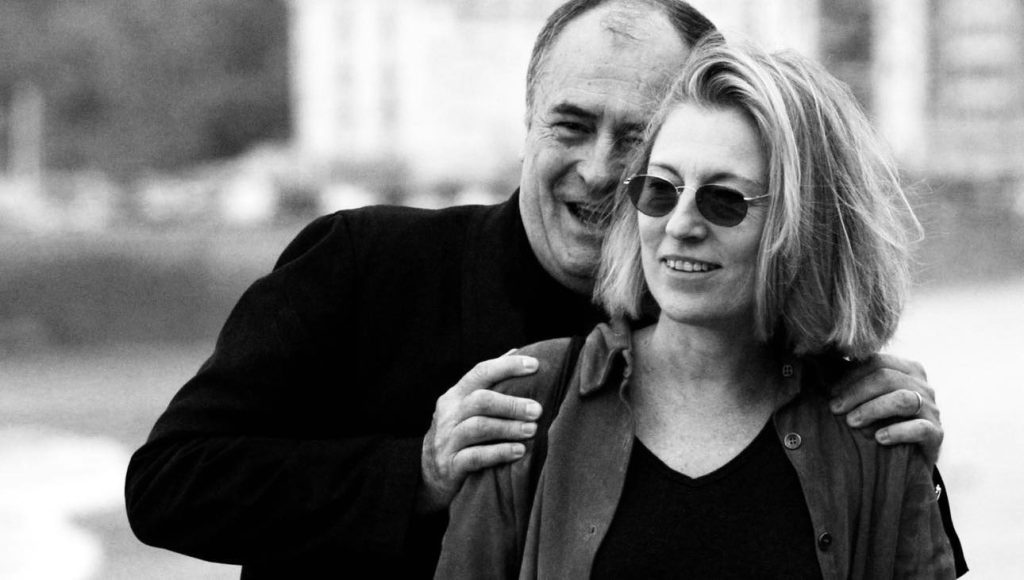
-)What are the goals of the Bernardo Bertolucci Foundation?
The purpose of the FBB is to make Bertolucci’s work known to everyone, but especially to new generations, through exhibitions, publications, films, and also to physically preserve his works through conservation restorations. In Parma, we will also open a Bertolucci Museum, which will house the archives of the three Bertoluccis: in addition to Bernardo’s, there will also be the archives of Attilio, BB’s father and a great poet of the 20th century, and those of Giuseppe, BB’s younger brother, also a director and screenwriter.
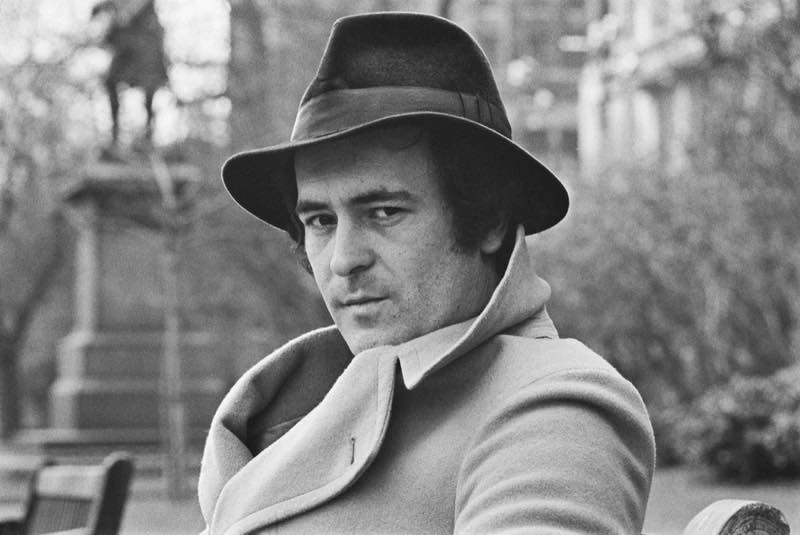
-)Do you think the global film industry is doing enough today to protect the cultural heritage left to us by Bernardo Bertolucci and which artists and institutions support the Bernardo Bertolucci Foundation?
Bernardo left a significant mark on the history of cinema and is remembered and cited by important contemporary directors, one of whom is Luca Guadagnino, who is currently making a documentary about him in collaboration with the FBB. Guadagnino takes up the mantle of international auteur cinema, both cultured and at the same time popular. BB’s work is protected by many institutions, such as the Cineteca di Bologna, which is digitizing his archive and is part of the scientific committee of the FBB.
There are also other institutions like the Municipality of Parma, which has welcomed the FBB in the filmmaker’s hometown, providing a beautiful temporary headquarters and supporting us in all our activities, as well as the Emilia-Romagna Region. BB’s Parma roots and those of his family are essential for remembering and understanding why it all started in Parma, where BB breathed in and absorbed that unique blend of sophisticated bourgeois culture and agrarian culture tied to the land.
The FBB also has a scientific committee composed of friends and great professionals like Jeremy Thomas, the enlightened producer who, starting with The Last Emperor, stood by Bernardo and remained by his side until the end; Marco Tullio Giordana, Pietro Scalia, and Luca Guadagnino, as I mentioned before.
Also, Valeria Golino, an actress and director who knew Bernardo well and spent time with him, is helping the Foundation a great deal. Likewise, Alberto Barbera, director of the Venice Film Festival, and Vittorio Storaro, with whom Bernardo created unforgettable and fundamental films, along with many others.
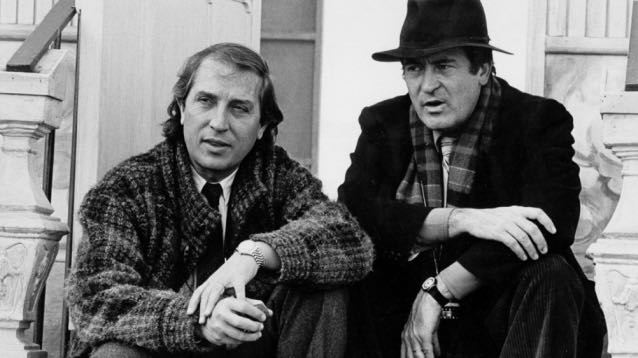
-)A memory of Bernardo that you’d like to share with us.
A special memory is linked to a breakfast together at his house in London, on Lansdowne Road, where I had gone as a guest for an English course. He told me that the most important thing in life was not to be afraid, to push beyond the imposed limits, to look at reality from different points of view, and not to take anything for granted. It struck me because I was very young, I think about sixteen, and for the first time, someone spoke to me so naturally about such difficult topics, at 8 in the morning, eating delicious buttered toast. Then there are a thousand other memories, but that philosophical and affectionate tête-à-tête went straight to my heart. And it’s still there.
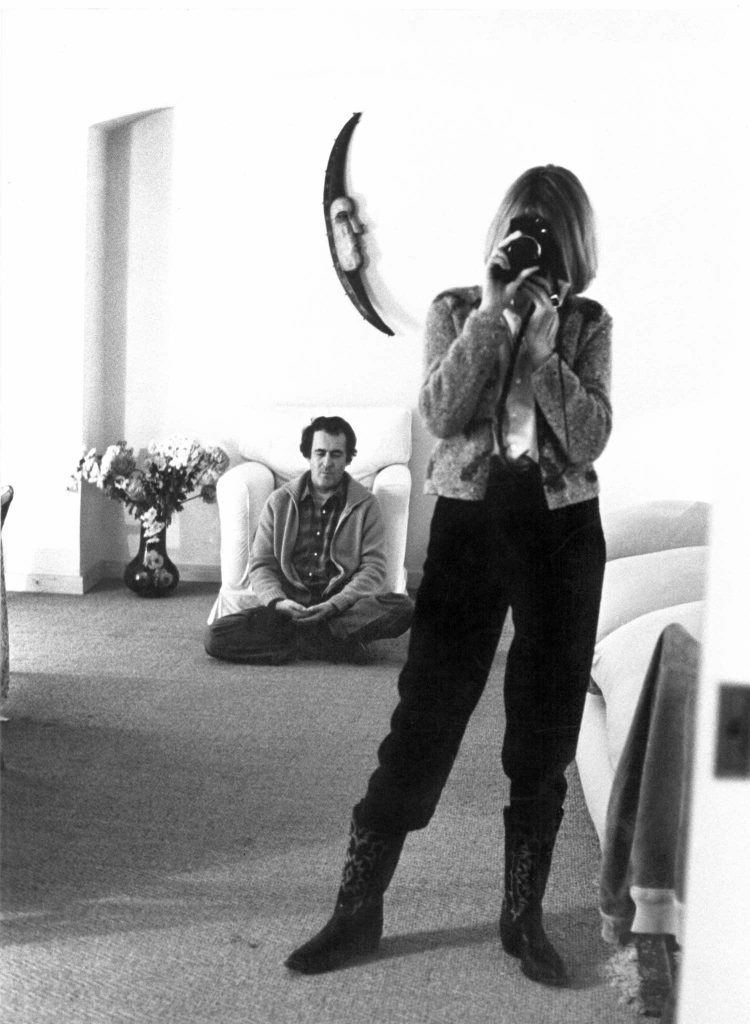
-)How do you imagine cinema in 100 years?
Cinema in 100 years? I don’t know. Artificial intelligence will change everything. Or maybe not? There will surely be more female directors, more camera operators, more screenwriters, etc. Perhaps, finally, we won’t need to make gender distinctions anymore, since we are all a bit men and a bit women, as BB used to say. And let’s hope that in 100 years, cinema and art in general will free themselves from political correctness, the grave of creativity.
Bernardo Bertolucci Foundation: https://bernardobertolucci.org/?lang=en
